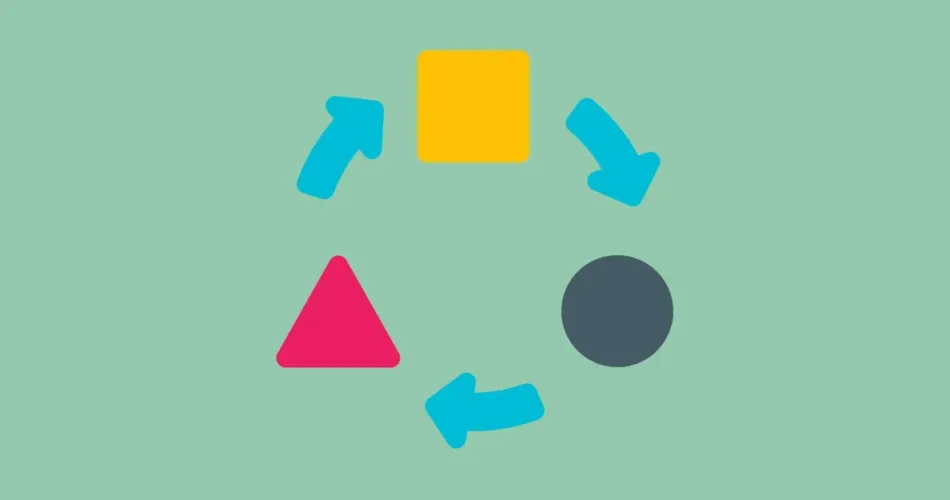In the dynamic world of software development, writing code is just the beginning. As your projects evolve and expand, the need to improve, optimize, and maintain your code becomes paramount. This is where code refactoring comes into play. In this comprehensive blog post, we delve into the realm of code refactoring techniques in C++, exploring their significance, benefits, and practical examples. By the end of this journey, you’ll possess the tools and insights to transform your codebase into a masterpiece of efficiency, readability, and maintainability.
The Essence of Code Refactoring
Code refactoring is the art of restructuring existing code without altering its external behavior. It focuses on enhancing code quality, readability, and maintainability, resulting in cleaner and more efficient software. Refactoring is not a one-time task; it’s an ongoing process that ensures your code remains adaptive and responsive to changing requirements.
Extract Method:
// Before refactoring
void calculateTotalAmount(double price, int quantity) {
double total = price * quantity;
// Several lines of code
// ...
std::cout << "Total amount: " << total << std::endl;
}
// After refactoring
void calculateTotalAmount(double price, int quantity) {
double total = calculateTotal(price, quantity);
displayTotal(total);
}
double calculateTotal(double price, int quantity) {
return price * quantity;
}
void displayTotal(double total) {
std::cout << "Total amount: " << total << std::endl;
}
Rename Variables:
// Before refactoring
int a = 10;
// After refactoring
int numberOfItems = 10;
Replace Magic Numbers with Constants:
// Before refactoring
double circumference = 2 * 3.14159 * radius;
// After refactoring
const double PI = 3.14159;
double circumference = 2 * PI * radius;
Eliminate Code Duplication:
// Before refactoring
void displayStudentInfo(Student student) {
std::cout << "Name: " << student.name << std::endl;
std::cout << "Age: " << student.age << std::endl;
// ...
}
void displayTeacherInfo(Teacher teacher) {
std::cout << "Name: " << teacher.name << std::endl;
std::cout << "Age: " << teacher.age << std::endl;
// ...
}
// After refactoring
void displayPersonInfo(Person person) {
std::cout << "Name: " << person.name << std::endl;
std::cout << "Age: " << person.age << std::endl;
// ...
}
Benefits of Code Refactoring
- Improved Readability: Refactored code is more understandable, leading to quicker comprehension and reduced debugging time.
- Enhanced Maintainability: Refactoring simplifies code, making it easier to modify, extend, and troubleshoot.
- Bug Prevention: Code refactoring can help uncover hidden bugs and logic errors, leading to more reliable software.
- Increased Efficiency: Cleaner code performs better, leading to improved application performance and reduced resource usage.
- Agile Development: Refactoring supports iterative development, enabling you to respond swiftly to changing requirements.
Conclusion
Code refactoring techniques in C++ is a vital practice that empowers you to create software that is not only functional but also of high quality. By applying techniques like method extraction, variable renaming, constant usage, and code deduplication, you elevate your codebase to new levels of clarity and efficiency.
As you continue your journey in C++ programming, make code refactoring a regular part of your development process. Embrace the philosophy of continuous improvement, and watch as your codebase evolves into a refined and well-structured masterpiece. The effort invested in code refactoring pays off in dividends, as you create software that is easy to read, maintain, and build upon.
Let the art of code refactoring become second nature to you. Experiment with different techniques, explore their benefits, and observe the positive impact they have on your projects. Through code refactoring, you become not just a coder, but a craftsman of elegant and efficient software.
Unlock the power of code refactoring and embark on a journey toward software excellence. Happy coding and happy refining!
Subscribe to our email newsletter to get the latest posts delivered right to your email.


Comments